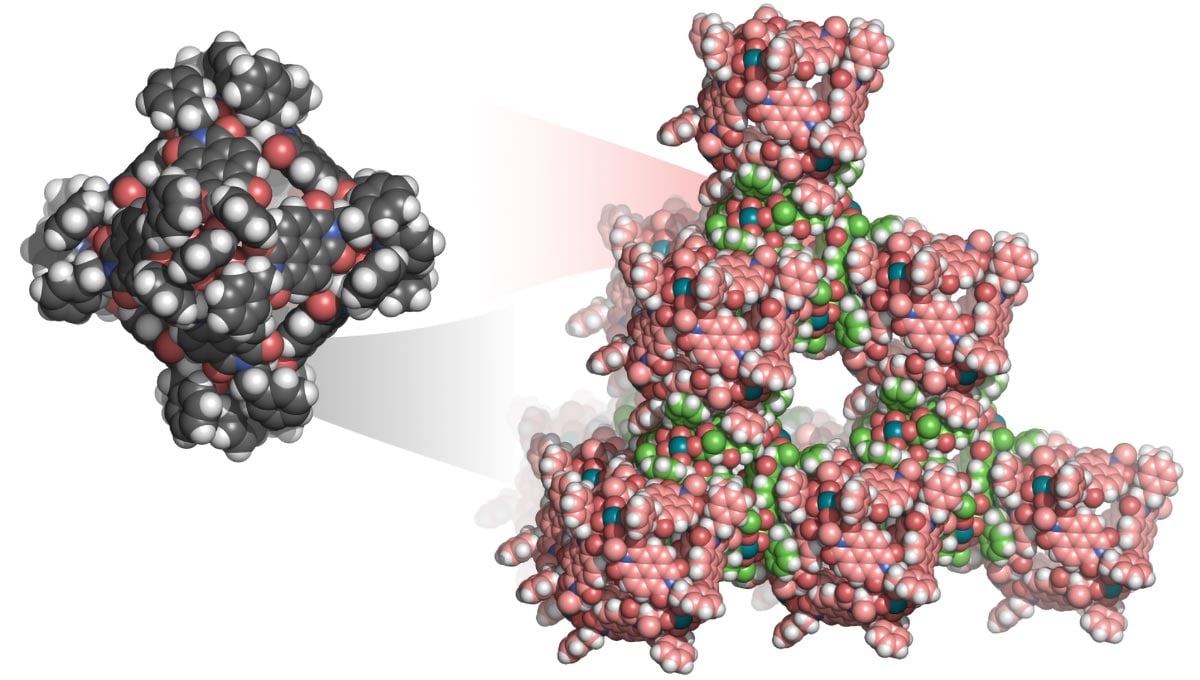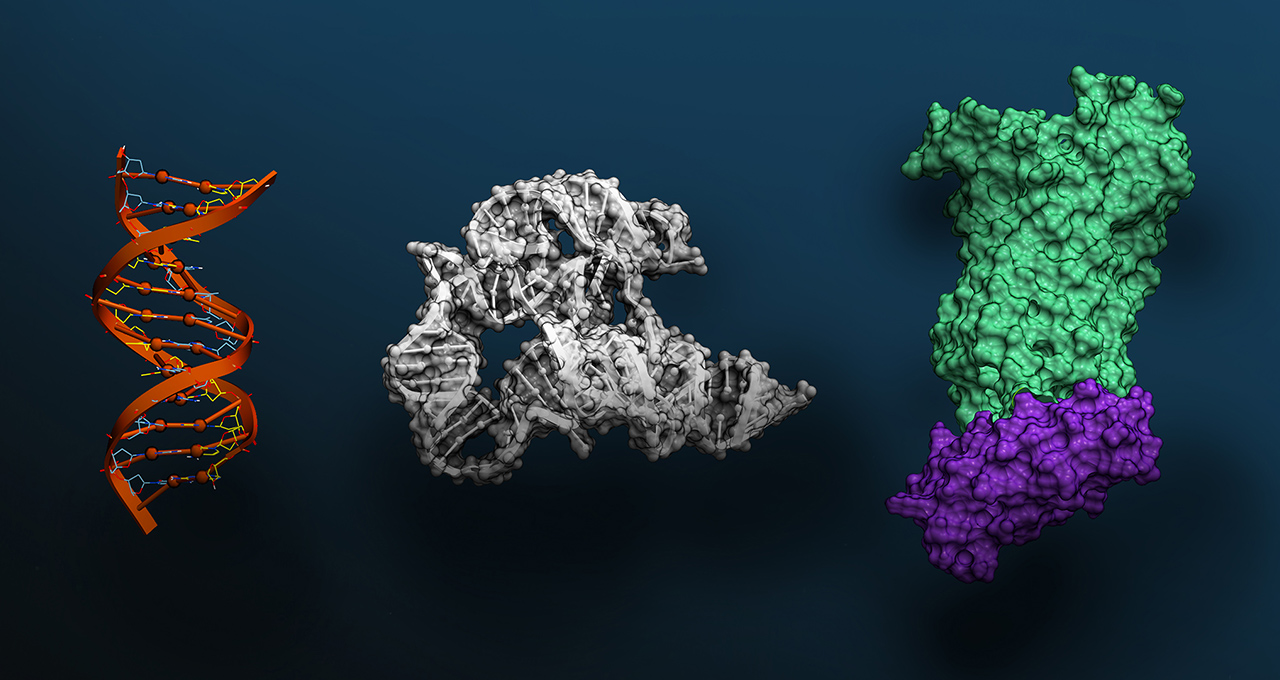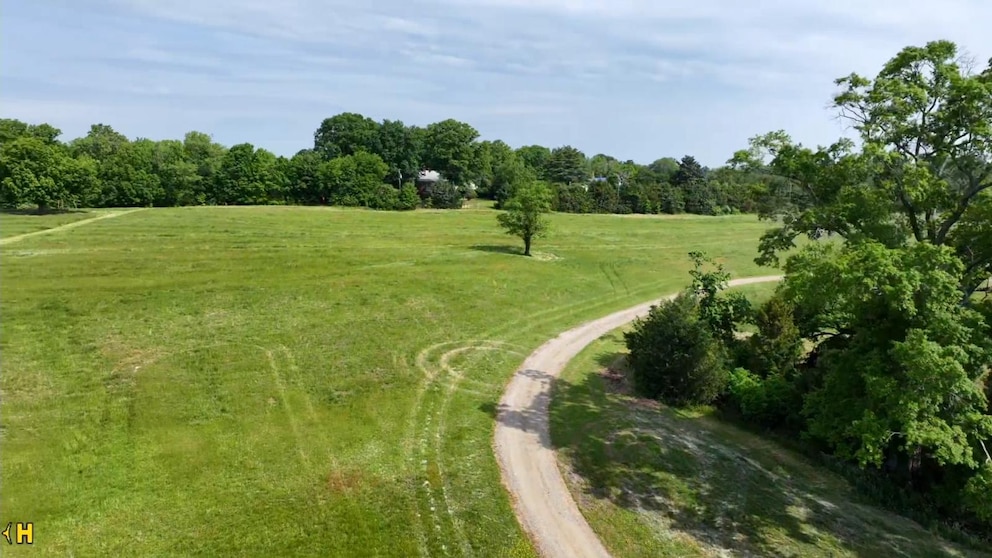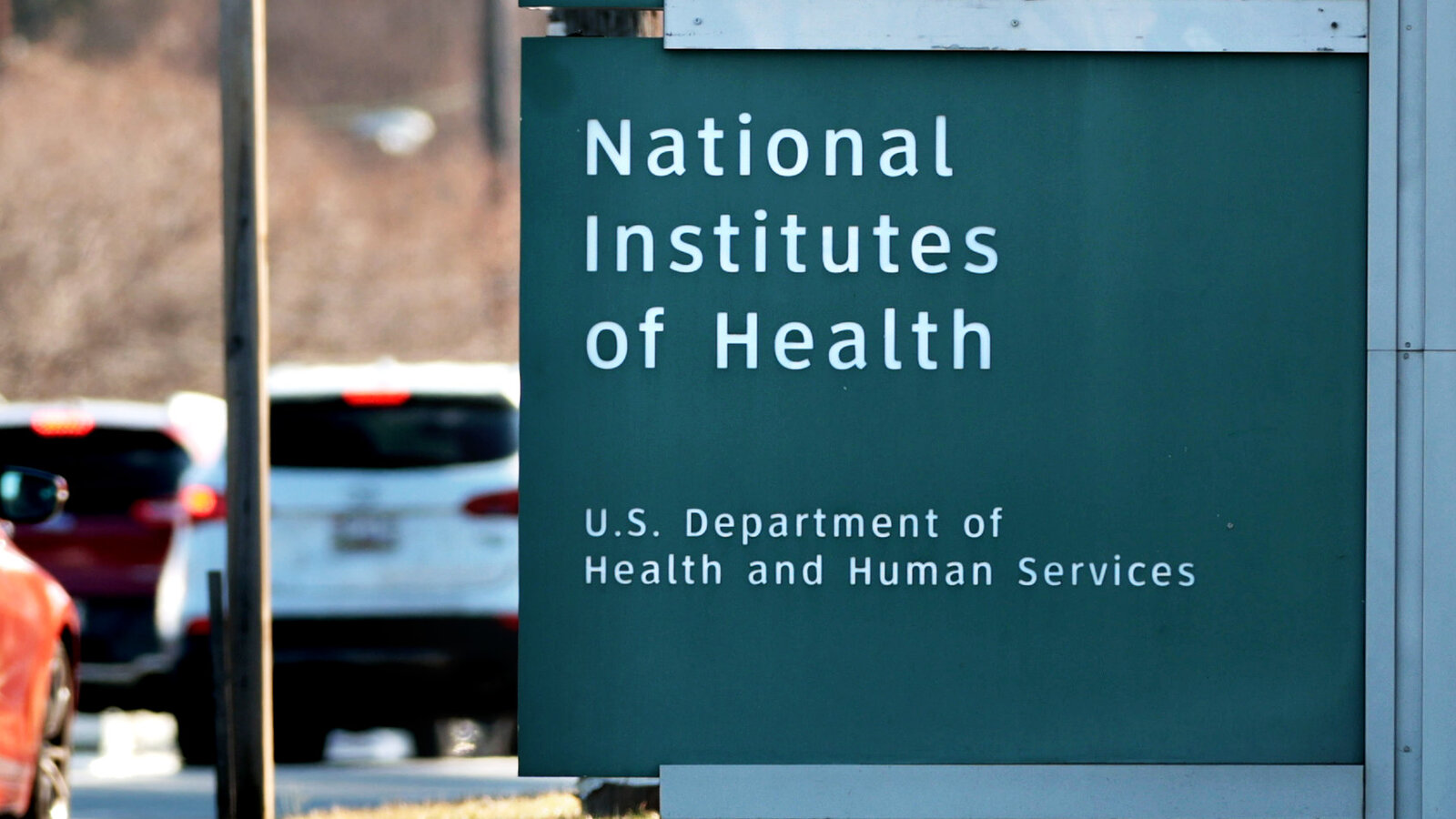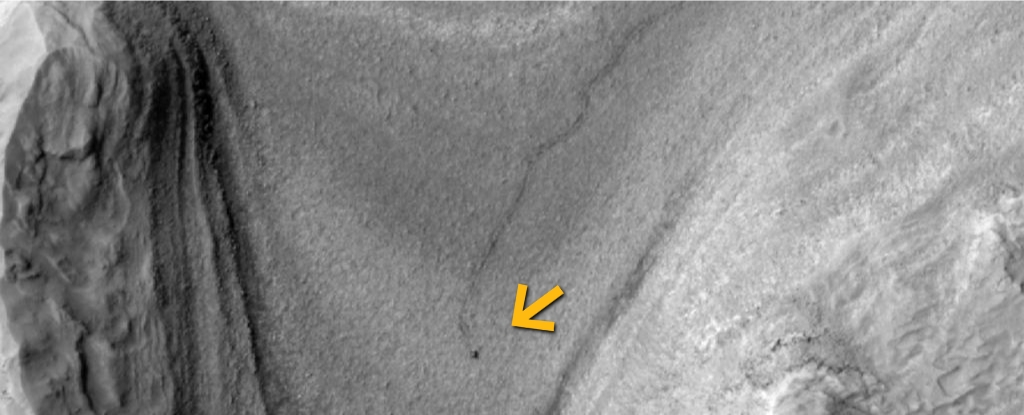Science Under Siege: How Trump's Policies Weaponize Research Against Its Own Principles
Science
2025-04-10 17:48:38Content

Beyond Dismissals: How the Trump Administration Systematically Undermined Scientific Integrity
The Trump administration's approach to scientific research went far beyond simple budget cuts and personnel changes. Instead, the administration pursued a comprehensive strategy of scientific suppression and manipulation that threatened the fundamental principles of objective research.
By systematically dismantling scientific infrastructure, the administration demonstrated a calculated effort to reshape research landscapes according to political ideology. Researchers found themselves not just facing job losses, but confronting a broader assault on scientific independence and credibility.
Key tactics included abruptly terminating research projects, redirecting funding away from critical environmental and health studies, and installing political appointees who prioritized partisan narratives over empirical evidence. These actions sent a chilling message to the scientific community, suggesting that research findings inconvenient to political agendas could be summarily dismissed or censored.
The consequences extended beyond immediate job losses, potentially undermining long-term scientific progress and eroding public trust in research institutions. By inverting established scientific methodologies and prioritizing political expediency over factual analysis, the administration challenged the very foundations of evidence-based policymaking.
This unprecedented approach to scientific governance represented more than a temporary setback—it signaled a profound and potentially lasting transformation of how scientific research is perceived and valued in the political sphere.
Science Under Siege: The Systematic Dismantling of Research Integrity in the Trump Era
In the tumultuous landscape of modern American politics, the intersection of scientific research and governmental power has become a battleground of unprecedented complexity. The Trump administration's approach to scientific institutions represented more than a mere policy shift—it was a fundamental restructuring of how knowledge is perceived, valued, and ultimately controlled within the highest echelons of national governance.Unraveling the Fabric of Scientific Independence
The Erosion of Research Autonomy
The systematic deconstruction of scientific independence during the Trump administration was a multifaceted assault that went far beyond simple budget cuts or personnel changes. Researchers across multiple disciplines found themselves navigating an increasingly hostile institutional landscape, where political ideology increasingly trumped empirical evidence. Federal agencies that had long been bastions of objective research suddenly became arenas of ideological conflict, with scientific integrity hanging in the balance. Funding mechanisms were strategically manipulated to silence voices that challenged prevailing political narratives. Climate scientists, environmental researchers, and public health experts discovered that their work was no longer evaluated on its scientific merit, but through a lens of political expediency. Grants were redirected, research programs were defunded, and entire areas of critical scientific inquiry were marginalized with surgical precision.Institutional Transformation and Knowledge Suppression
The transformation was not merely external but penetrated deep into the core of research institutions. Scientific advisory boards were systematically restructured, with independent experts replaced by individuals whose primary qualification was alignment with specific political agendas. This orchestrated replacement represented a profound threat to the fundamental principles of scientific inquiry. Researchers found themselves operating in an environment where speaking truth to power became an act of professional risk. The chilling effect was immediate and widespread. Critical research areas—particularly those related to climate change, environmental protection, and public health—experienced unprecedented levels of scrutiny and potential suppression.The Psychological Impact on Scientific Community
Beyond the tangible institutional changes, the administration's approach created a pervasive psychological landscape of uncertainty and fear. Scientists who had dedicated their careers to objective research suddenly found themselves navigating a treacherous professional environment where their work could be summarily dismissed or discredited based on political considerations. The emotional toll was significant. Many researchers experienced a profound sense of disillusionment, watching decades of accumulated knowledge and methodological rigor being systematically undermined. The very notion of scientific objectivity was being challenged at its most fundamental level.Long-Term Consequences and Institutional Memory
The damage inflicted during this period extended far beyond immediate policy changes. The erosion of scientific credibility created lasting institutional scars that would take years, if not decades, to repair. Young researchers witnessed a model of scientific engagement that prioritized political expediency over empirical truth, potentially reshaping entire generational approaches to research and knowledge production. International scientific collaborations were strained, with global research communities viewing American scientific institutions with increasing skepticism. The reputation of U.S. research infrastructure, long considered a global gold standard, suffered significant and potentially irreparable damage.Resistance and Resilience
Despite the overwhelming institutional pressure, pockets of resistance emerged. Individual scientists, academic institutions, and professional organizations mounted sophisticated counterarguments, preserving critical research and maintaining channels of scientific communication. These efforts represented more than mere professional defiance—they were a fundamental defense of scientific integrity itself. The story of science during this period was not simply one of suppression, but also of remarkable resilience. Researchers adapted, found alternative funding mechanisms, leveraged international partnerships, and continued to produce critical knowledge even under increasingly restrictive conditions.RELATED NEWS
Science

DOGE's Radical Cut: How Science Research Could Crumble Under New Funding Slashes
2025-03-18 03:45:00
